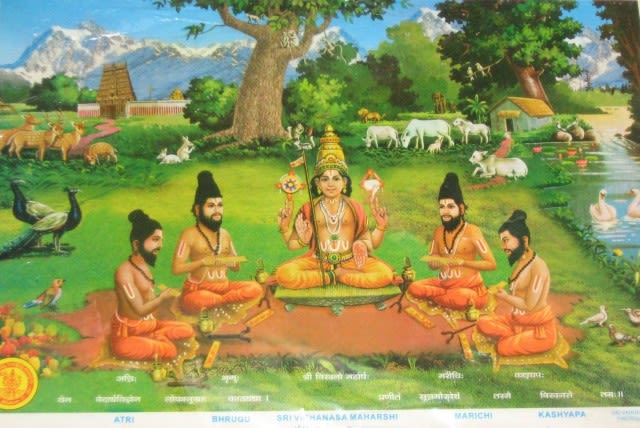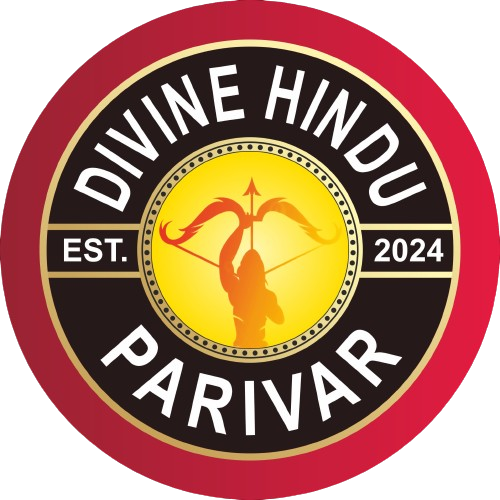
Divodasa is a name associated with several individuals, and it appears in the Rigveda, an ancient collection of hymns that is a foundational text of Hinduism. One of the prominent figures with this name is King Divodasa, who is mentioned in the Rigveda. Here are key points associated with Divodasa:
- King Divodasa: In the Rigveda, Divodasa is mentioned as a king of the Bharata dynasty. He is described in several hymns, and some of these hymns are attributed to the sage Vasishtha. Divodasa had conflicts with the sage Vishwamitra, and the Rigveda contains hymns that depict the resolution of their disputes.
- Vasishtha and Vishwamitra Conflict: One of the notable episodes involving Divodasa is the conflict between the two powerful sages, Vasishtha and Vishwamitra. Divodasa played a role in resolving the disputes between these sages. The Rigveda contains hymns that describe the events surrounding these conflicts and their resolution.
- Contribution to Rigveda: The hymns associated with Divodasa, particularly those composed by Vasishtha, are part of the Rigveda. These hymns are considered important in the context of ancient Indian literature and history.
- Devotee of Varuna: In some hymns, Divodasa is praised as a devotee of Varuna, one of the Vedic deities associated with cosmic order and justice. The hymns reflect the religious and ritualistic aspects of the time.
- Historical Significance: The mention of Divodasa in the Rigveda is of historical significance as it provides insights into the socio-political context of ancient India. It offers glimpses into the relationships between rulers, sages, and deities during that period.
- Verses in Rigveda: The hymns associated with Divodasa can be found in various Mandals (books) of the Rigveda. The Rigveda, being one of the oldest texts in the Indo-European tradition, is a rich source for understanding the religious, cultural, and historical aspects of ancient India.
Divodasa’s role in the Rigveda is primarily as a historical and political figure involved in conflicts and resolutions with notable sages. The hymns associated with these events contribute to the religious and literary heritage of ancient India.
Divodāsa (“heaven’s servant”) is a name of a tribal king in the Rigveda (celebrated for his liberality and protected by Indra and the Ashvins in the Rigveda, RV 1.112.14; 1.116.18), the son of Vadhryashva RV 6.61.5. He is the father of the famous Sudas (RV 7.18.28) (of the Battle of the Ten Kings).
It is also the name of a king of Kashi surnamed Dhanvantari, founder of the Indian school of medicine.
